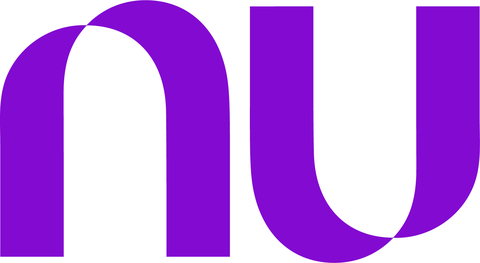Real Estate Showdown: Zillow Strikes Back Against Hidden Home Marketplace
Finance
2025-04-10 22:19:25Content

Zillow is taking a bold stance against "pocket" listings by implementing a new policy that ensures maximum transparency in real estate marketing. The popular online real estate platform has decided to exclude homes that are not broadly marketed from its website, aiming to create a more open and accessible property marketplace.
Pocket listings, which are properties secretly marketed to a select group of potential buyers or agents, have long been a point of contention in the real estate industry. These discreet sales often limit exposure and potentially prevent sellers from achieving the best possible price for their property.
By blocking these hidden listings, Zillow is championing a more equitable approach to home sales. The move encourages sellers to list their properties publicly, giving all potential buyers an equal opportunity to view and consider the homes on the market.
This policy change reflects Zillow's commitment to promoting fairness and transparency in real estate transactions. Homeowners and agents will now be required to ensure their listings are widely accessible, ultimately benefiting both sellers and potential buyers by creating a more competitive and inclusive property marketplace.
Zillow's Strategic Move: Revolutionizing Real Estate Listing Transparency
In the ever-evolving landscape of real estate technology, digital platforms continually seek innovative ways to enhance transparency and accessibility for potential homebuyers. The recent developments in online property marketing represent a significant shift in how residential properties are presented and discovered in the digital marketplace.Breaking Barriers: A New Era of Property Visibility
The Hidden Market Challenge
Real estate professionals have long utilized a practice known as "pocket listings" - a strategy where properties are marketed discreetly, outside traditional public channels. These exclusive listings typically remain hidden from mainstream real estate platforms, creating an information asymmetry that potentially disadvantages broader market participants. Zillow's recent policy modification directly challenges this long-standing practice, signaling a transformative approach to property marketing transparency. The implications of this strategic decision extend far beyond simple platform mechanics. By eliminating the ability to shield properties from comprehensive market exposure, Zillow is fundamentally reshaping the dynamics of real estate information dissemination. This move represents a calculated effort to democratize property access, ensuring that potential buyers have equal opportunities to discover and evaluate residential offerings.Technological Disruption in Real Estate Marketing
The digital real estate ecosystem has witnessed remarkable technological innovations in recent years. Zillow's decision to restrict non-publicly marketed properties reflects a broader trend of increased transparency driven by advanced technological platforms. By implementing stringent listing criteria, the company is leveraging its technological infrastructure to create a more equitable and accessible property marketplace. Machine learning algorithms and sophisticated data analytics now enable platforms like Zillow to implement complex filtering mechanisms. These technological capabilities allow for nuanced control over listing visibility while maintaining comprehensive market coverage. The elimination of pocket listings represents a sophisticated approach to standardizing property information distribution.Market Implications and Consumer Empowerment
For potential homebuyers, this policy shift translates into unprecedented market access. Traditional barriers that previously limited property discovery are systematically being dismantled. Consumers now benefit from a more transparent, comprehensive view of available residential inventory, reducing information asymmetries that have historically favored insider real estate networks. The broader market ecosystem stands to gain significantly from this approach. By mandating comprehensive public marketing, Zillow encourages more competitive and open property transactions. Real estate agents and sellers must adapt to a more transparent environment where properties cannot be selectively marketed or hidden from broader market scrutiny.Technological and Ethical Considerations
Zillow's strategic decision intersects with critical discussions about technological ethics and market fairness. The platform's commitment to comprehensive property visibility reflects a progressive approach to digital marketplace design. By prioritizing transparency, Zillow is establishing new industry standards that prioritize consumer interests over traditional exclusive marketing practices. The technological infrastructure required to implement such a policy is complex and sophisticated. Advanced algorithms must continuously validate listing criteria, ensuring that properties meet public marketing standards. This represents a significant investment in technological capabilities aimed at creating a more open, accessible real estate ecosystem.Future of Digital Real Estate Platforms
As digital real estate platforms continue evolving, Zillow's approach may well become an industry benchmark. The move signals a potential paradigm shift towards more transparent, technology-driven property marketing strategies. Other platforms will likely observe and potentially emulate this approach, recognizing the competitive advantages of comprehensive market visibility. The intersection of technology, market dynamics, and consumer empowerment continues to reshape how residential properties are discovered, evaluated, and transacted. Zillow's policy modification represents a significant milestone in this ongoing digital transformation of real estate marketing.RELATED NEWS
Finance

Urgent Defense Boost: France's Financial Chief Calls for Rapid Military Spending Surge
2025-03-04 08:58:20







